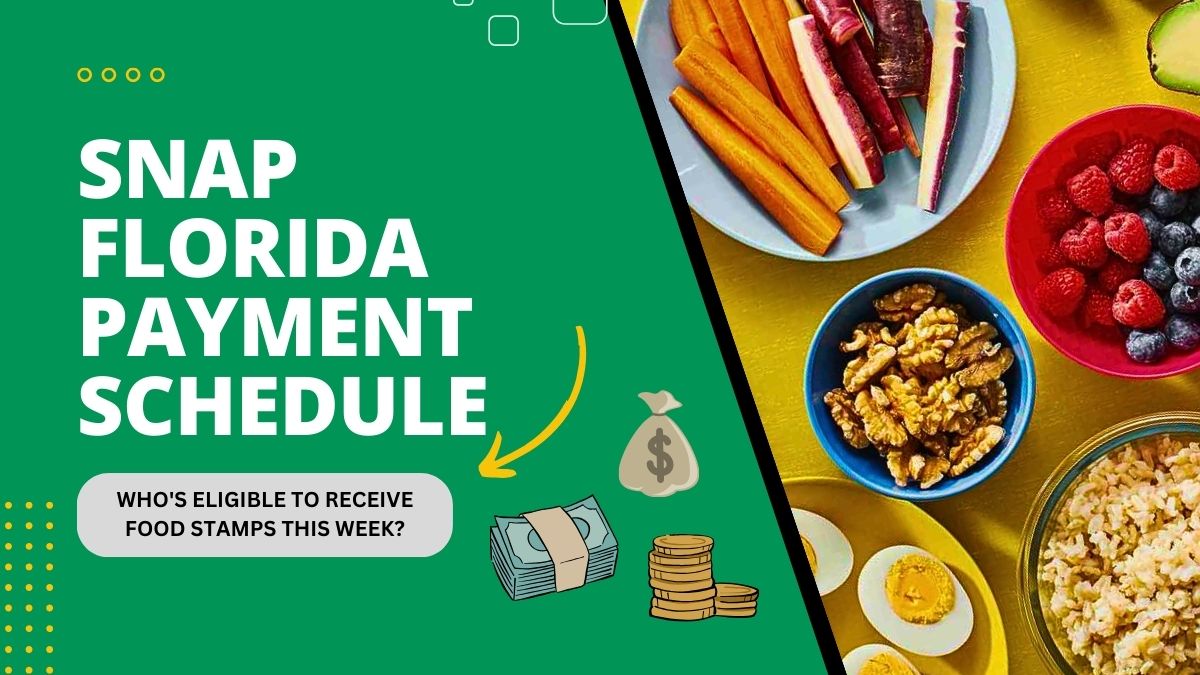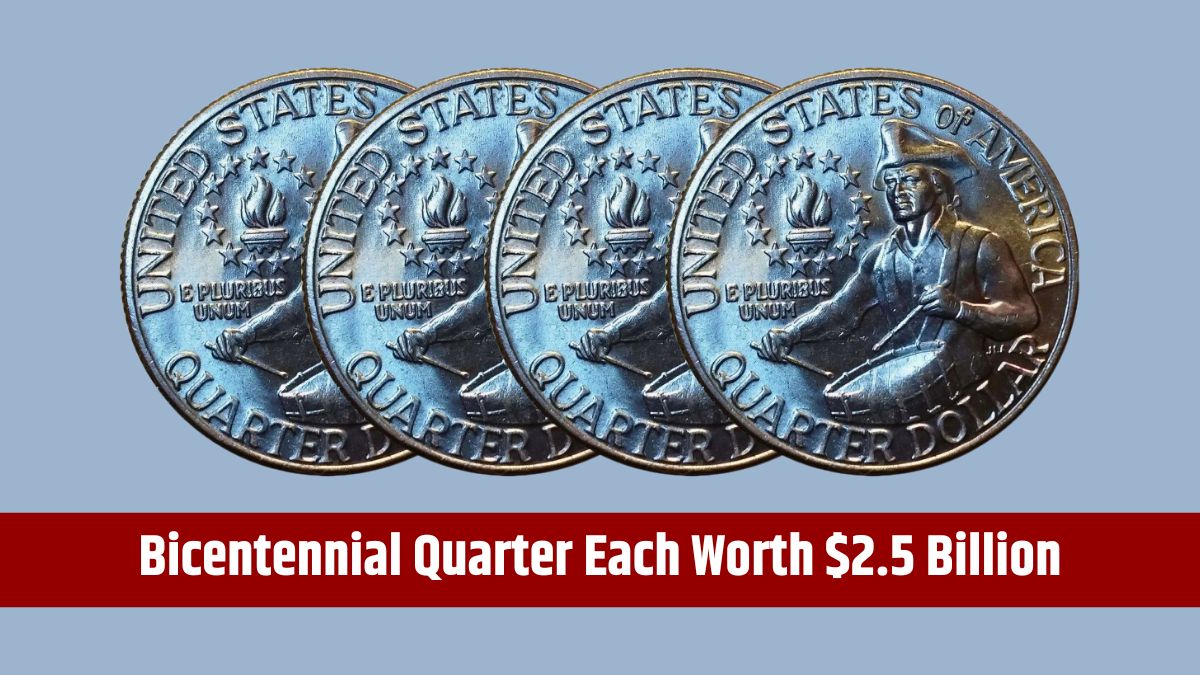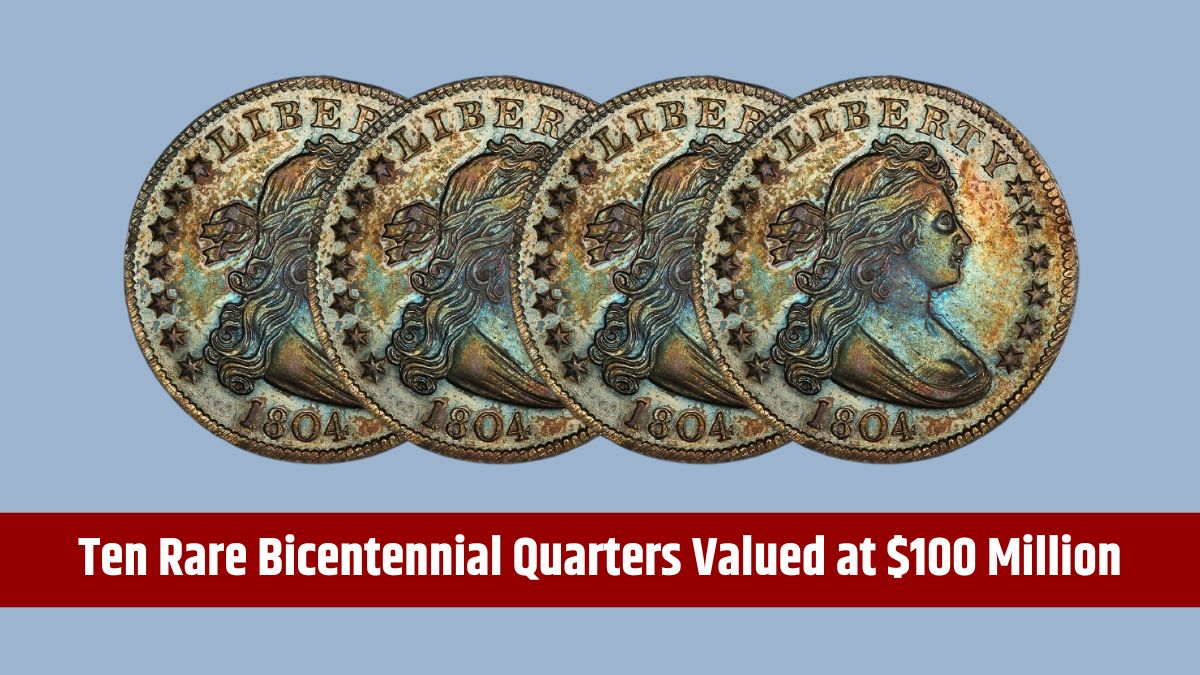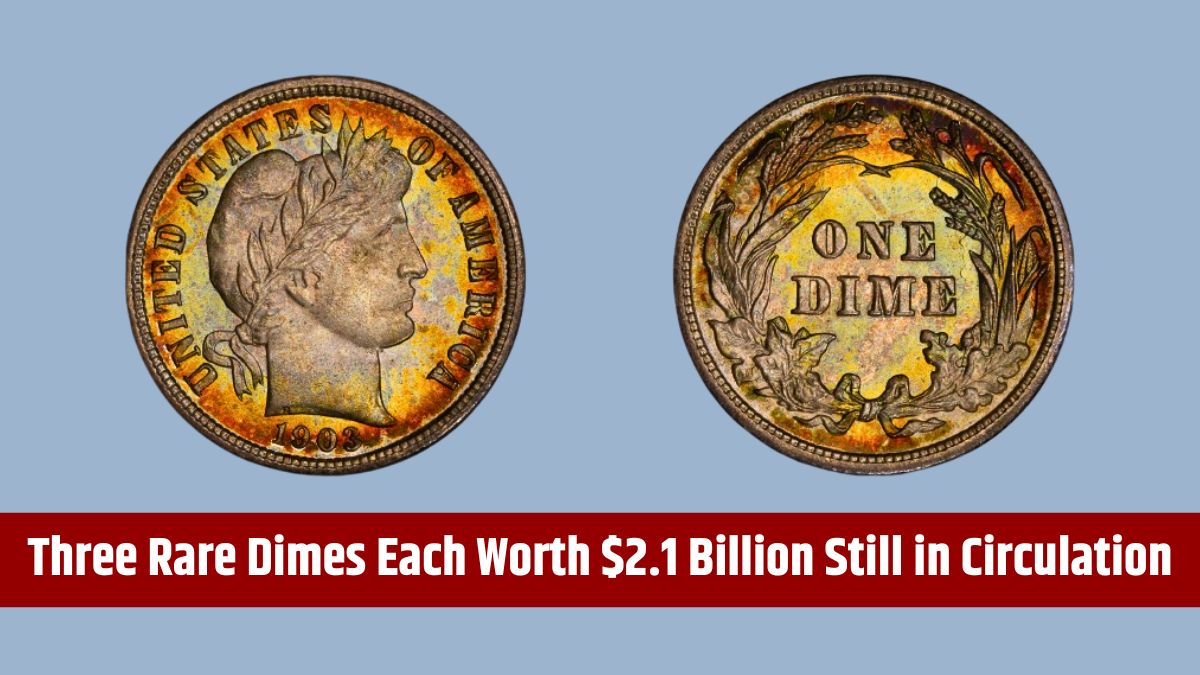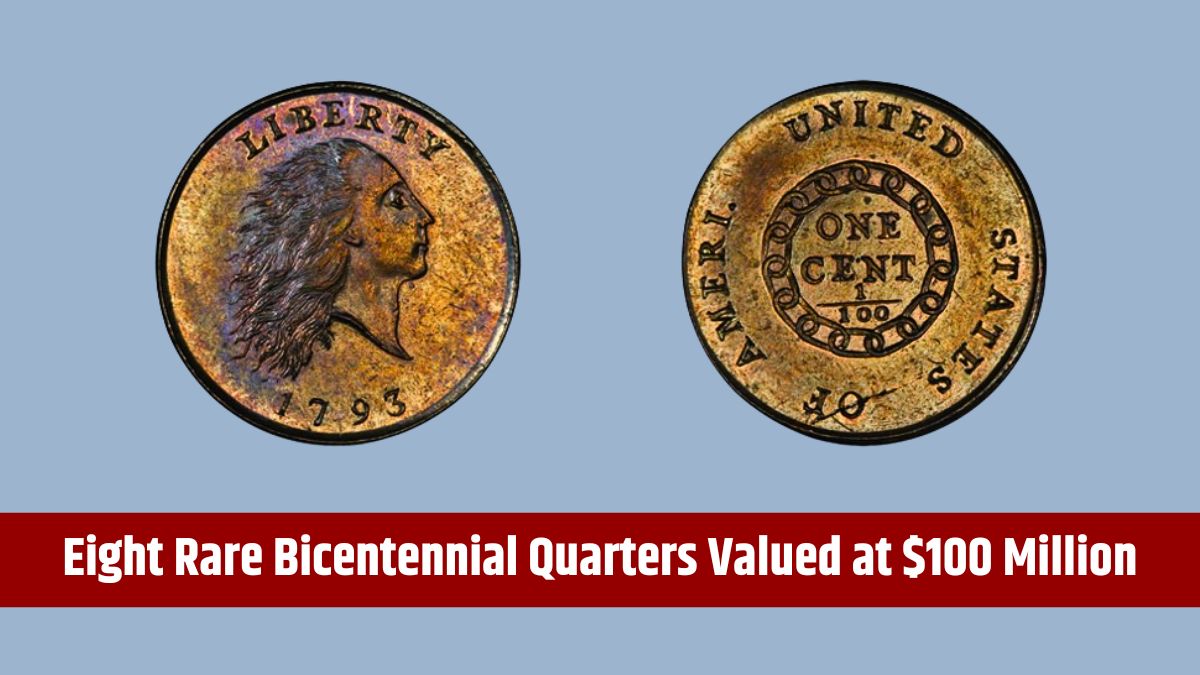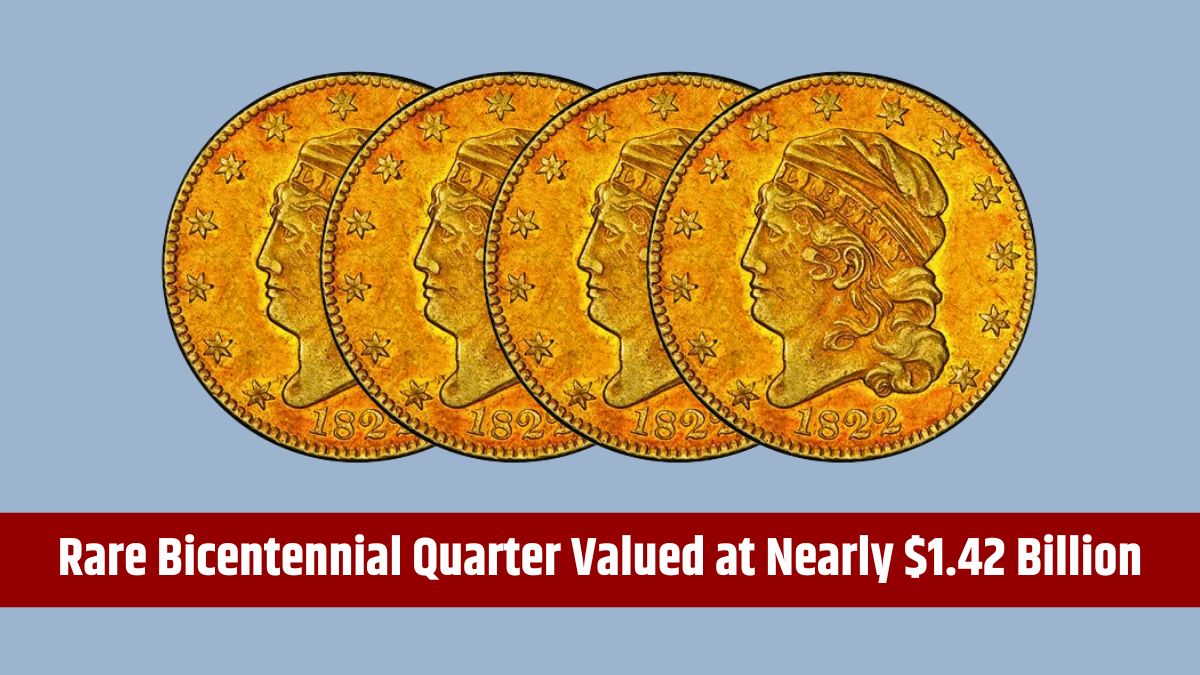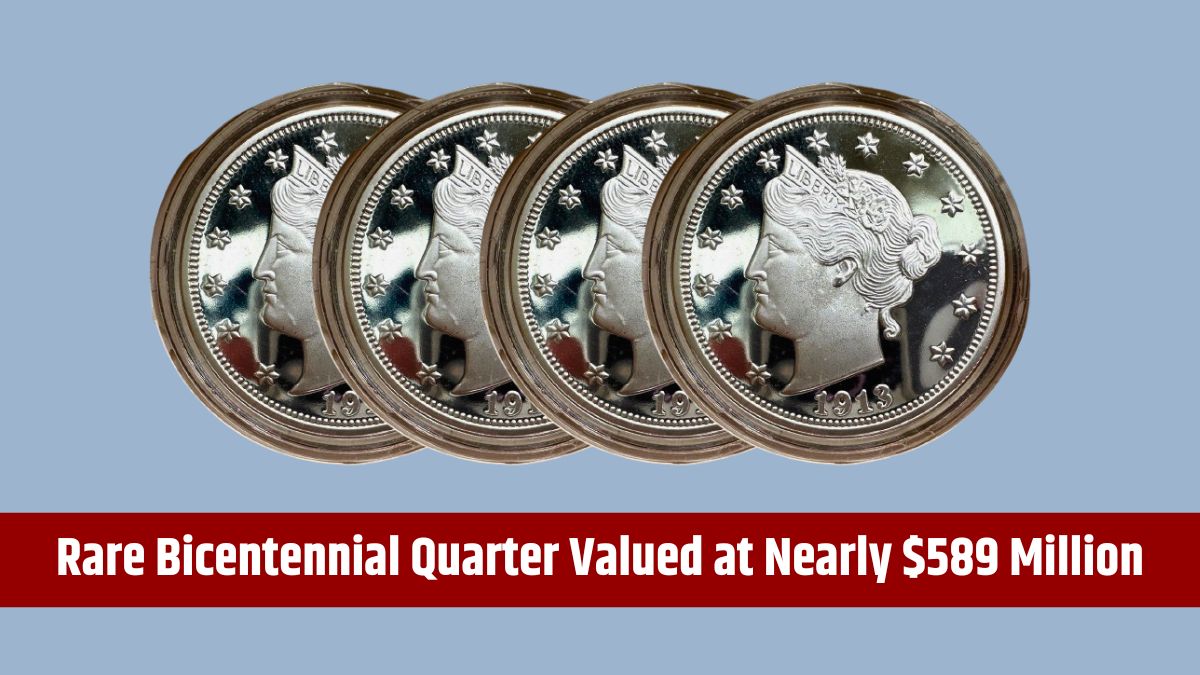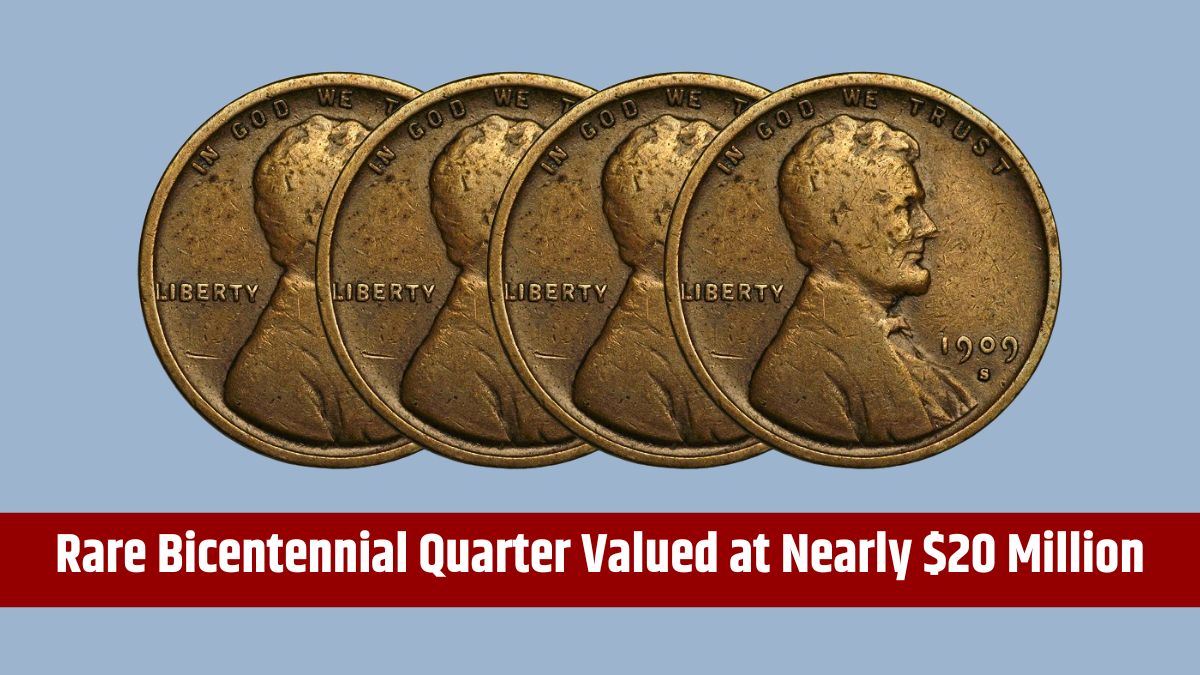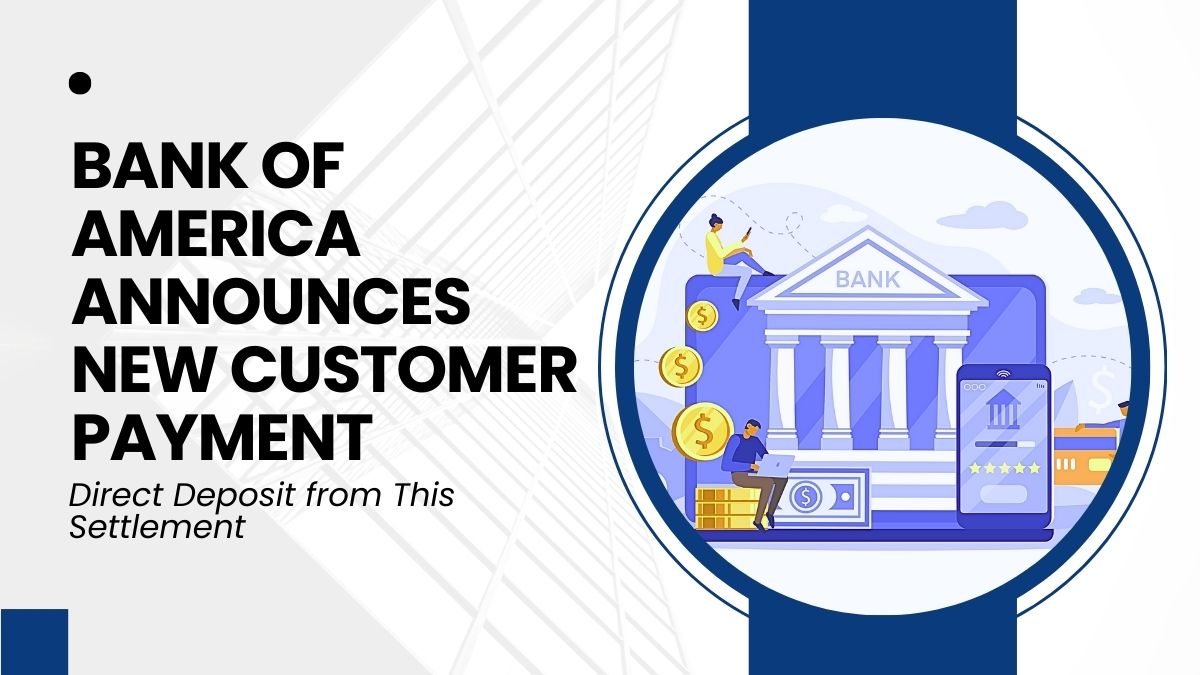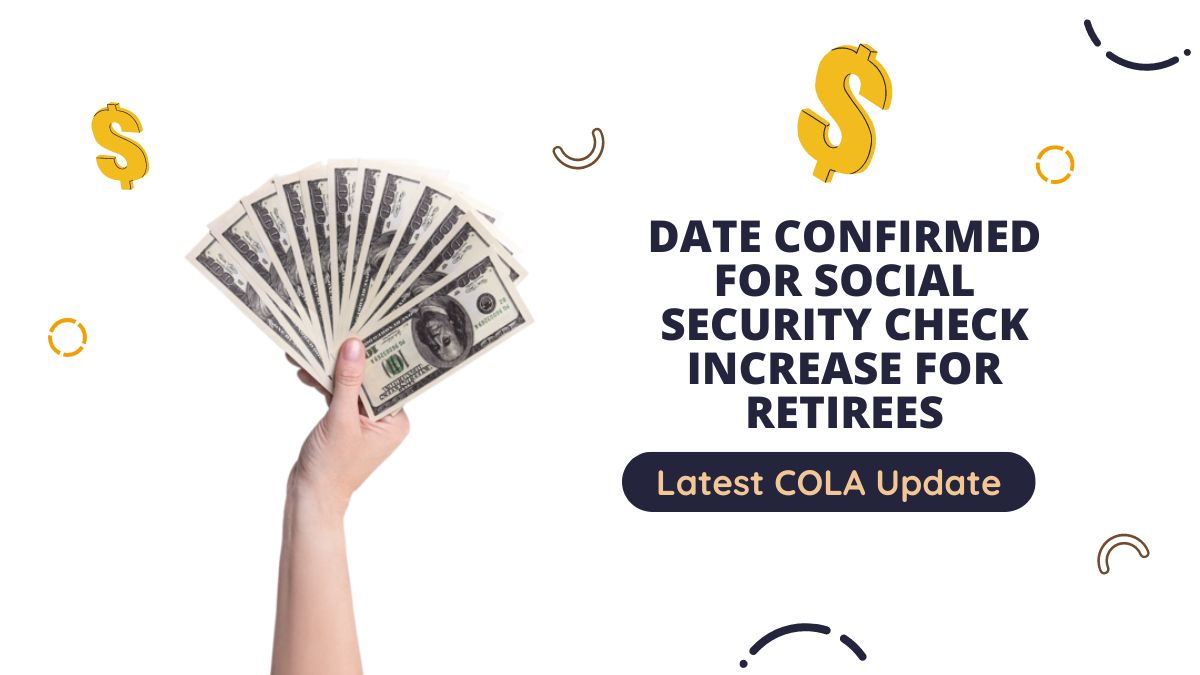The Supplemental Nutrition Assistance Program (SNAP), commonly known as food stamps, serves as a lifeline for many low-income individuals and families in Florida. Administered by the Florida Department of Children and Families (DCF), this program helps those in need by providing funds to purchase nutritious food, ensuring food security for vulnerable groups such as children, seniors, and people with disabilities. Beyond personal benefits, SNAP also supports the local economy by channeling money into grocery stores and food retailers.
As we move through the third week of July, it’s important for Florida SNAP recipients to stay informed about when they will receive their benefits. Here’s what you need to know about the distribution schedule and the types of food items you can purchase with these benefits.
Schedule
SNAP benefits in Florida are distributed based on the last two digits of the recipient’s case number. This staggered system ensures a steady flow of benefits throughout the month, allowing recipients to plan their grocery shopping effectively. If you’re wondering when your benefits will be available this month, here’s a breakdown:
- Case Numbers 49-53: Benefits available on the 15th
- Case Numbers 54-57: Benefits available on the 16th
- Case Numbers 58-60: Benefits available on the 17th
- Case Numbers 61-64: Benefits available on the 18th
- Case Numbers 65-67: Benefits available on the 19th
- Case Numbers 68-71: Benefits available on the 20th
- Case Numbers 72-74: Benefits available on the 21st
Knowing your distribution date is crucial for managing your monthly food budget. It ensures you can plan your grocery trips and avoid running out of essential food items.
Purchases
Now that you know when your benefits will arrive, let’s discuss what you can buy with SNAP benefits in Florida. The program is designed to cover a wide range of food items that contribute to a balanced diet. Here’s a quick overview of eligible items:
- Allowed:
- Fruits and Vegetables: Fresh, canned, and frozen options.
- Meats, Poultry, and Fish: All forms are included.
- Dairy Products: Milk, cheese, yogurt, etc.
- Breads and Cereals: Including rice, pasta, and grains.
- Seeds and Plants: Used for growing food at home.
These items are crucial for maintaining a nutritious diet, helping you and your family stay healthy.
- Not Allowed:
- Non-Food Items: Pet food, cleaning supplies, toiletries.
- Alcohol and Tobacco: Including beer, wine, and cigarettes.
- Vitamins and Medicines: Over-the-counter or prescribed.
- Hot Prepared Foods: Food meant for immediate consumption.
- Foods Eaten in Stores: Like deli sandwiches or hot coffee.
The limitations on what can be purchased ensure that SNAP benefits are used strictly for nutritional purposes, helping you make the most of the assistance provided.
SNAP benefits in Florida are vital not just for those who receive them but also for the broader community. They ensure that vulnerable populations have access to nutritious food while supporting local businesses. By knowing your benefit distribution date and the types of items you can purchase, you can better manage your resources and ensure that your family’s food needs are met.
FAQs
When are SNAP benefits distributed in Florida?
SNAP benefits are distributed based on the case number, between the 1st and 28th.
Can I buy seeds with SNAP benefits in Florida?
Yes, SNAP benefits cover seeds and plants for growing food.
Are vitamins covered by SNAP benefits in Florida?
No, vitamins and medicines cannot be purchased with SNAP benefits.
Can I use SNAP benefits to buy hot foods in Florida?
No, SNAP benefits do not cover hot prepared foods.
What non-food items can I buy with SNAP benefits in Florida?
Non-food items like pet food or household supplies are not eligible.

